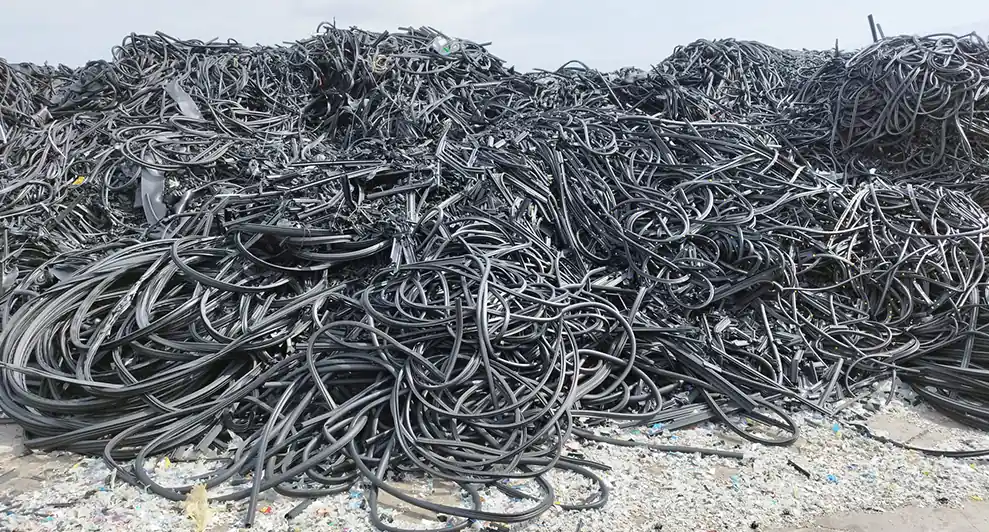Rubber is a material widely used in industry, especially in the manufacture of tires, which generate millions of tons of waste per year. This waste is a serious environmental problem, as it is difficult to dispose of and can contaminate soil, water and air.
However, rubber also has great potential to be recycled and used as a raw material for other products. Rubber recycling not only reduces the ecological impact, but also offers economic and social benefits.
Some of the advantages of rubber recycling are:
– Saving natural resources: recycled rubber can replace natural or synthetic rubber in the manufacture of new products, avoiding the exploitation of plantations or the use of petroleum derivatives.
– Emissions reduction: recycled rubber has a smaller carbon footprint than virgin rubber, as it avoids the transportation and combustion of waste, as well as the emission of toxic gases during production.
– Job creation: rubber recycling involves the creation of jobs in the treatment plants, as well as in the industries that use recycled rubber as raw material.
– Innovation and development: rubber recycling stimulates research and development of new techniques and applications for this material, which can have very diverse uses, such as flooring, insulation, waterproofing, shoe soles, carpets or toys.
For all these reasons, it is vital to make society aware of the importance of treating rubber waste and to promote its recycling as a way of protecting the environment and generating added value.








